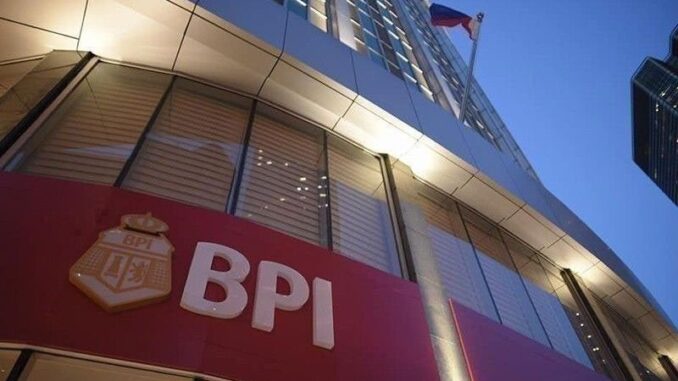
MANILA, Philippines — Ayala-led Bank of the Philippine Islands (BPI) expects the Bangko Sentral ng Pilipinas (BSP) to cut borrowing costs again next week, which could spur increased investments in riskier assets like long-duration bonds and equities.
BPI president and CEO Jose Teodoro Limcaoco said the central bank would likely consider a rate cut at the Monetary Board’s policy review on Oct. 16.
“I think there’s a strong possibility the Monetary Board will cut rates (next week),” he said. “But like most economists, I think it will be a 25-basis-point cut.”
Limcaoco’s remarks come as inflationary pressures continue to ease with inflation falling to 1.9 percent in September, paving the way for potential policy adjustments by the BSP.
The central bank has already taken steps to shift to a less restrictive policy stance, including a 25-basis-point rate cut at its August meeting. This brought the key rate down to 6.25 percent from an over 17-year high of 6.50 percent.
Prior to the cut, the BSP kept its policy rate steady for six straight meetings since November 2023. From May 2022 to October 2023, it hiked rates by 450 basis points to tame inflation and stabilize the peso.
BPI Wealth president and CEO Maria Theresa Marcial said they had been advising clients to pivot toward riskier assets such as long-duration bonds and equities as early as last year.
“We have been advocating for clients to start investing in risky assets,” she said. “Because we’re saying that inflation has peaked and interest rates will go down.”
Reflecting on recent developments, Marcial said that the US Federal Reserve’s unexpected 50-basis-point rate cut and BSP’s earlier 25-basis-point rate reduction have provided further positive momentum for the markets.
“There’s just so much positive developments going on that’s allowing us to rethink our strategy and for clients to really put more of their investments, taking more risk,” she said.
Marcial said there is a resurgence in equity markets, with portfolio managers beginning to increase equity risks, particularly in Philippine stocks.
Fund managers and analysts are projecting earnings growth of around 12 percent, which could lead to higher equity valuations.
“So overall, I think it’s a good time to be invested in more risky asset classes because these asset classes will benefit from lower interest rates,” she said.


Be the first to comment